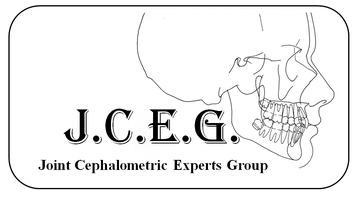- Created by Toni Magni, last modified by Toni Magni tops on 2020-08-20
Purpose
To map the transition from 2D cephalometrics to 3D cone beam imaging for assessment of orthodontic outcomes as well as diagnosis and treatment planning. To facilitate the transition from plaster models to 3D digital study casts.
See also the Facebook Group.

Significance
In 2001, the introduction of low cost, low radiation dose, high resolution cone beam computed tomography in clinical orthodontics created the potential for new discoveries in craniofacial biology and facial growth. This technology provides researchers and clinicians with the tools needed to study 3D changes in craniofacial anatomy associated with the growth process and clinical care. In the 20th century, radiographic cephalometry was a pioneering advance that led to many fundamental insights into the effects of orthodontic treatment. CBCT imaging promises similar advances in the 21st century.
In 2014, new low cost intra-oral scanners are able to digitize the teeth directly without the use of an impression or study cast. The high quality and low cost of these new devices makes the prospect of digital dental scans practical for orthodontists interested in keeping pace in the age of technology. However, as with CBCT, the steep learning curve combined with the desire of manufacturers to sell product necessitates a forum for unbiased discussion of the pros and cons of adopting this technology in orthodontics. Therefore, this year JCEG will also include 3D model scanning in the discussion matrix.
In 2015, manufacturers introduced low dose scanners that now create a 3D image with less radiaiton than the traditional ceph and pan. We will spend some time at this meeting discussing the impact of these new machines that give us images with more information and less radiation.
Recent space activity
-
-
-
-
Digitization Methods created 2023-03-24
-
Bolton Brush Legacy Collection created 2023-03-24
-
-
-
Space contributors
- No labels
1 Comment
Carla Evans
The JCEG meeting tentatively scheduled in Cleveland for March 10-11, 2020, has been cancelled due to low number of participants.